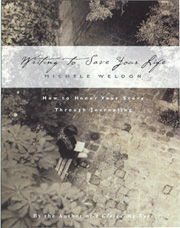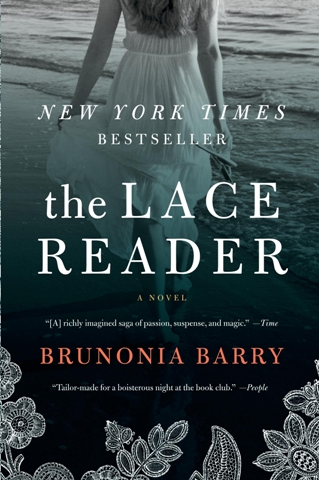
The Alchemist (HarperOne, 1988) is an older novel, but seems to be coming back into vogue, as I only just recently started seeing it everywhere. Written as a parable of sorts, the reader follows a boy (who is simply named "the boy" throughout the tale, as he is a universal character, whose name really doesn't matter) on his quest for his "Personal Legend." He has dreamed of treasure at the pyramids in Egypt, so is journeying through the desert, seeking this treasure with the help of those he encounters along the way (including the alchemist himself).
Generally, I don't get into books like this, but I enjoyed the allegory and the wisdom the boy gleaned along the way to the pyramids. Here are a few of the highlights:
1. "My heart is afraid that it will have to suffer," the boy told the alchemist one night as they looked up at the moonless sky.
"Tell your heart that the fear of suffering is worse than the suffering itself."
2. The alchemist said, "No matter what he does, every person on earth plays a central role in the history of the world. And normally he doesn't know it."
3. He thought of the many roads he had traveled, and of the strange way God had chosen to show him his treasure. If he hadn't believed in the significance of recurrent dreams, he would not have met the Gypsy woman, the king, the thief or..."Well, it's a long list. But the path was written in the omens, and there was no way I could go wrong," he said to himself.
He fell asleep, and when he awoke the sun was already high. He began to dig at the base of the sycamore.
"You old sorcerer," the boy shouted up to the sky. "You knew the whole story. You even left a bit of gold at the monastery so I could get back to this church. The monk laughed when he saw me come back in tatters. Couldn't you have saved me from that?"
"No," he heard a voice on the wind say. "If I had told you, you wouldn't have seen the Pyramids. They're beautiful, aren't they?"







